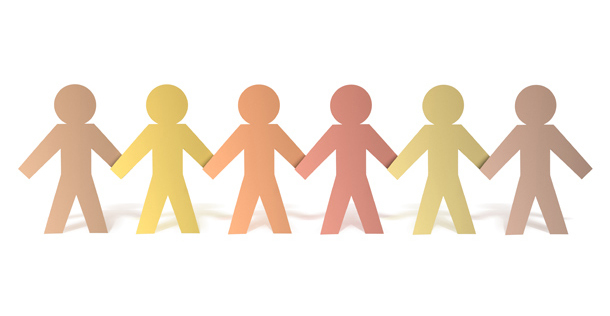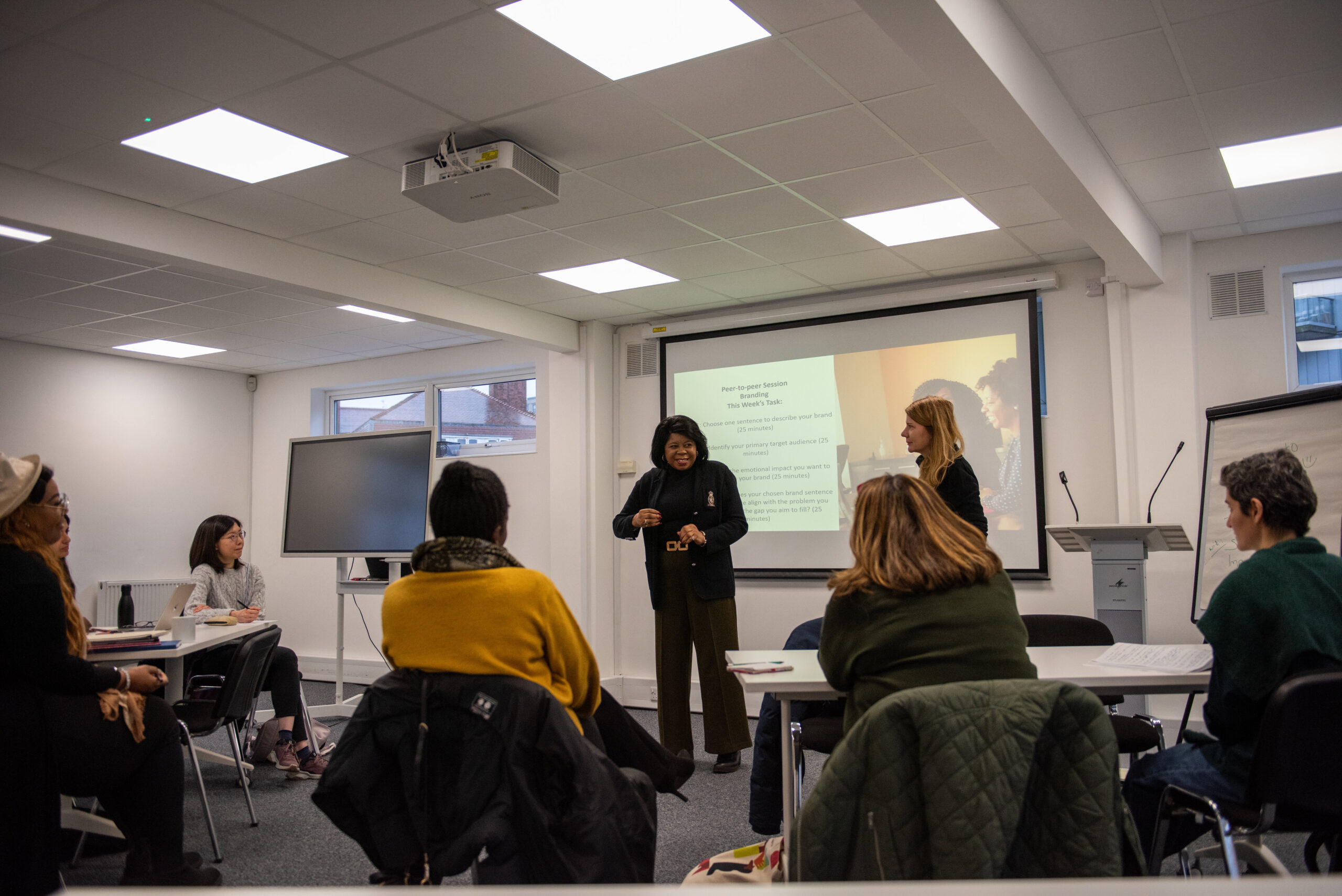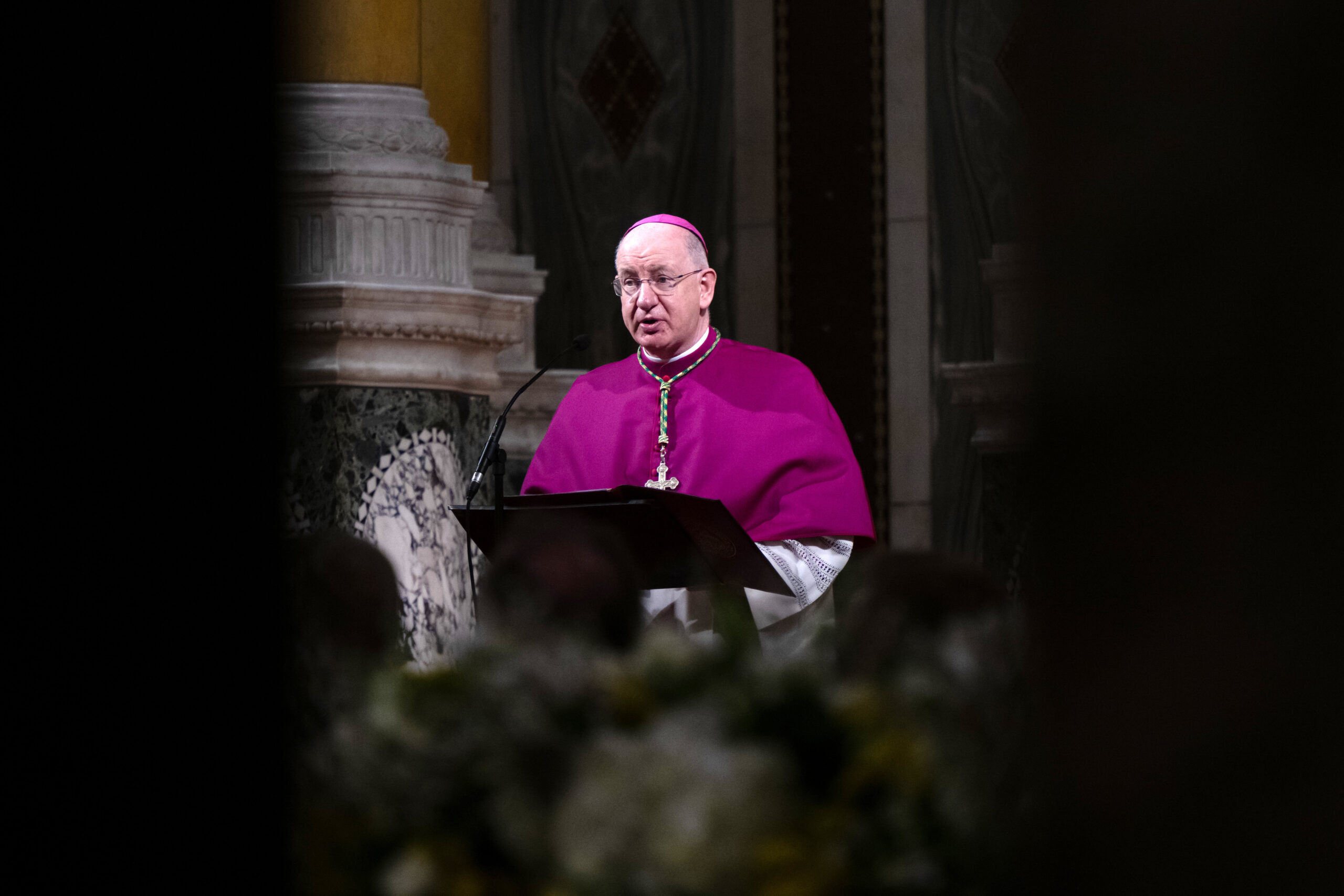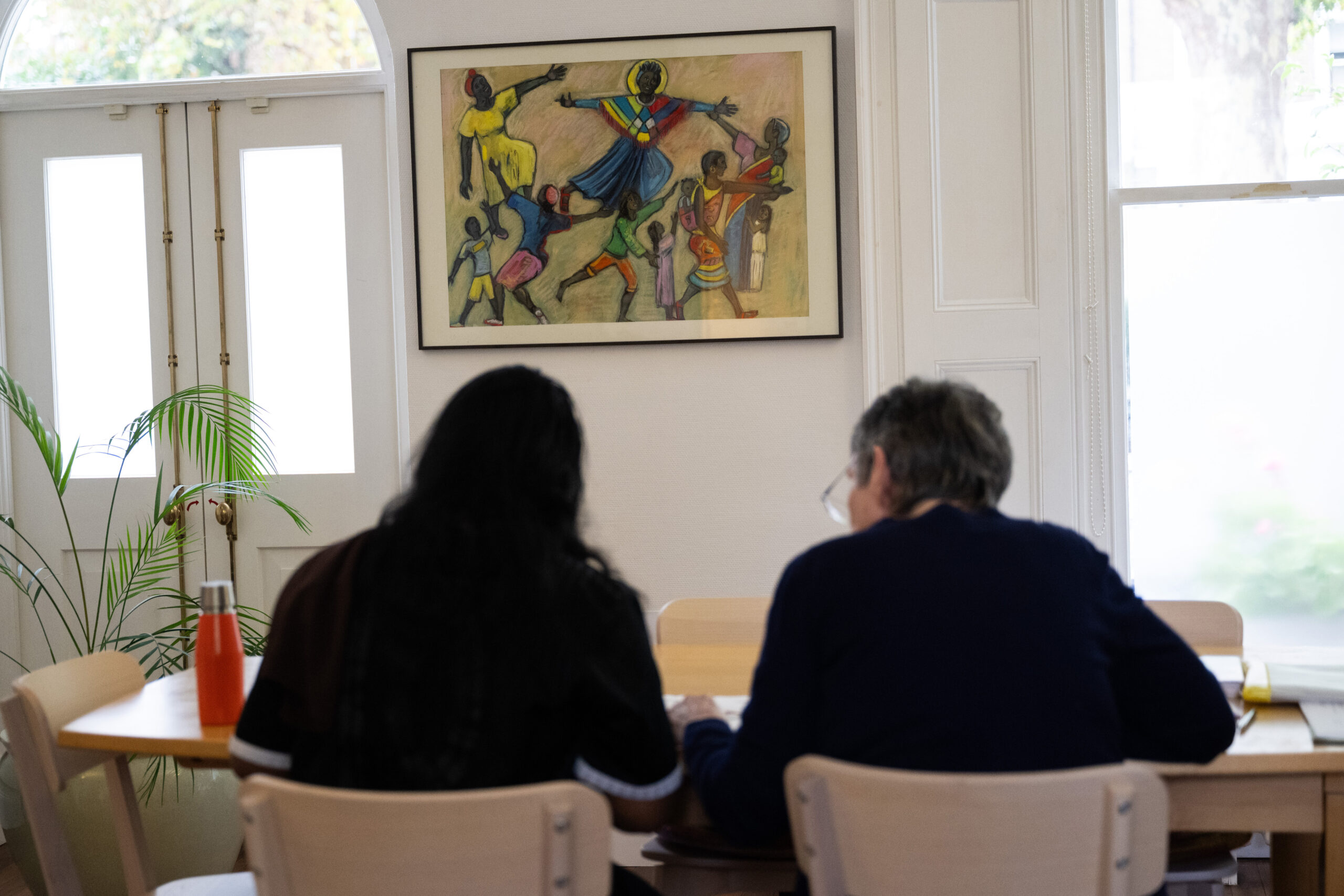Recent months have been extremely challenging for refugees and migrants in London. Not only they have been strongly affected by the pandemic, but many of them have seen their situation deteriorate because of Brexit. They have experienced loneliness, fear, trauma and emotional breakdown.
Covid-19 has had a direct impact on the support that many migrants were getting since drop-in centres, visits at detention centres and hostels had to stop. These individuals, especially those with no recourse to public funds (NRPF) have become front line victims and need our support more than ever.
Across London, asylum seekers have been accommodated in more than 35 hotels, usually being moved in at very short notice. Most of them eat in their room, are being told to stay there, don’t have access to nutritious food, don’t get the money they are entitled to and have issues registering at schools and/or at a GP. On top of that, many are scared to seek support because they are scared it will go against their application.

On the ground, individuals are helping with food, providing cooked meals and fresh fruit to supplement the poor quality of food. Parishes have offered their kitchens and donated ingredients. Charities also visit hotels to provide toys and books, toiletries and provide emotional support. Virtual meetings have been held to help voluntary groups better respond to the needs of refugees and migrants.
But we can do more! We always can.
The situation refugee and migrants are in today is a reminder that our faith teaches us to respond to those who are most vulnerable and marginalised, bringing a society where everybody is included and all live a life of dignity and worth. By reflecting on Catholic Social Teaching, we gain the courage to work for social inclusion and promote social justice and fairness.
As society members, we can act. We have the power to make things change. Make a great difference, for a better world.
The force of our actions, our ability to engage, connect, participate, raise awareness, and stimulate interest can ensure better protection and assistance for refugees and migrants. We can make them feel safe and valuable. Let’s not close our eyes and keep silent. There is hope, and that is our power to make great things happen. Don’t ever think you can’t make an impact. We all have the power to create positive change.
As Pope Francis said:
Refugees and migrants are human people, I stress this, who are appealing for solidarity and assistance, who need urgent action but also and above all understanding and kindness. God is good, let us imitate God. Their condition cannot leave us indifferent. Moreover, as Church we should remember that in tending the wounds of refugees, evacuees and the victims of trafficking, we are putting into practice the commandment of love that Jesus bequeathed to us when he identified with the foreigner, with those who are suffering, with all the innocent victims of violence and exploitation (…) These people need special pastoral care that respects their traditions and accompanies them to harmonious integration into the ecclesial situations in which they find themselves. May our Christian communities really be places of hospitality, listening and communion.
Address to the Pontifical Council for the Pastoral Care of Migrants and Itinerant People 24 May 2013

Inès is Caritas Westminster’s Development Worker for Hounslow, Hillingdon and Upper Thames Deaneries.
She has recently put together a leaflet giving information on how to support people with No Recourse to Public Funds (NRPF). Parishes and schools are often the only point of contact that someone with no recourse to public funds may have. This leaflet summarises why someone may be subject to NRPF and gives the potential options to provide clear advice to urge beneficiaries to apply for settled status and / or seek professional immigration advice, and support.




